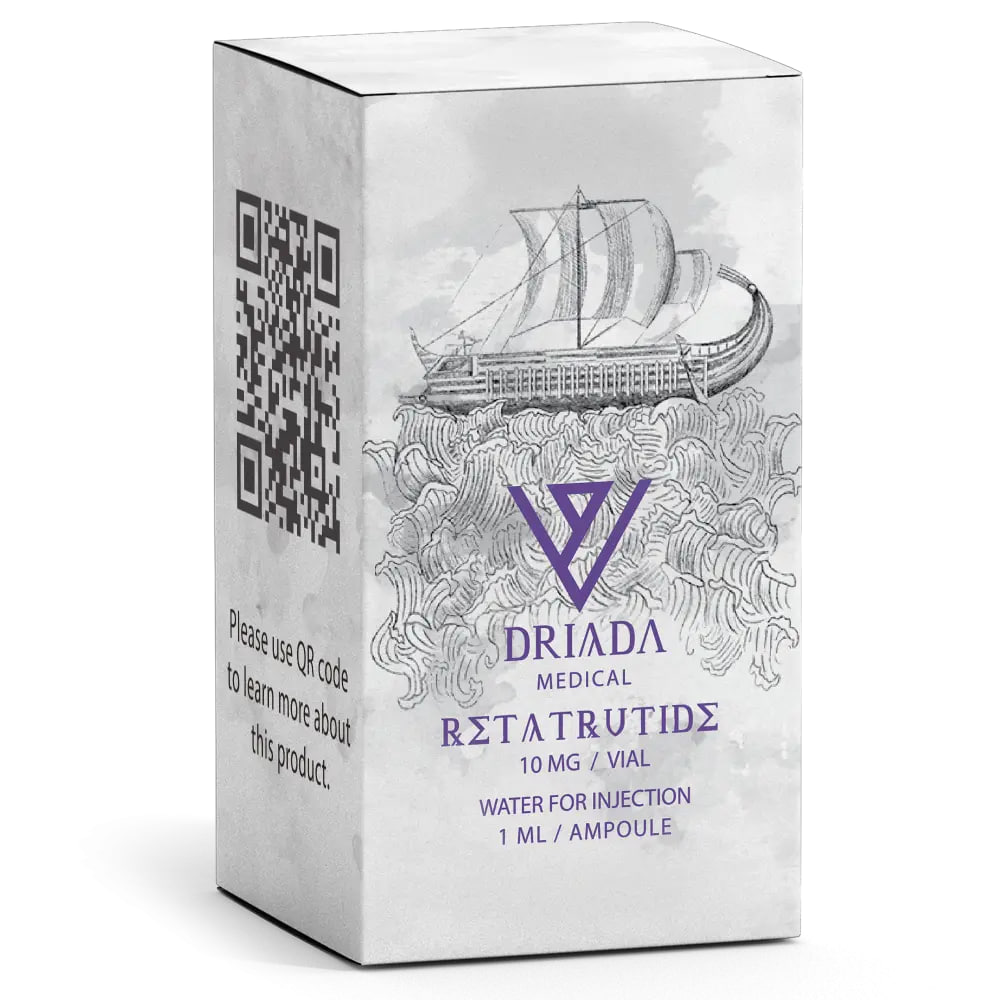


Sanyal, A.J., Kaplan, L.M., Frias, J.P., Brouwers, B., Wu, Q., Thomas, M.K., Harris, C., Schloot, N.C., Du, Y., Mather, K.J., Haupt, A., and Hartman, M.L., 2024. Retatrutide effects on liver fat and metabolic outcomes in patients with MASLD. Nature Medicine.
Disclaimer: Information provided it this page is for general information only and does not substitute for professional medical advice.
For detailed information about Retatrutide by Driada Medical, consult with your doctor or healthcare professional.


Sanyal, A.J., Kaplan, L.M., Frias, J.P., Brouwers, B., Wu, Q., Thomas, M.K., Harris, C., Schloot, N.C., Du, Y., Mather, K.J., Haupt, A., and Hartman, M.L., 2024. Retatrutide effects on liver fat and metabolic outcomes in patients with MASLD. Nature Medicine.

Sanyal, A.J., Kaplan, L.M., Frias, J.P., Brouwers, B., Wu, Q., Thomas, M.K., Harris, C., Schloot, N.C., Du, Y., Mather, K.J., Haupt, A., and Hartman, M.L., 2024. Retatrutide effects on liver fat and metabolic outcomes in patients with MASLD. Nature Medicine.

Sanyal, A.J., Kaplan, L.M., Frias, J.P., Brouwers, B., Wu, Q., Thomas, M.K., Harris, C., Schloot, N.C., Du, Y., Mather, K.J., Haupt, A., and Hartman, M.L., 2024. Retatrutide effects on liver fat and metabolic outcomes in patients with MASLD. Nature Medicine.